Predicting Internalizing Problems in At-Risk Children and Adolescents
$17.96
Description
Internalizing problems are common among adolescents. Poor outcomes such as academic failure, substance misuse, and adult mental health problems have all been linked to internalizing problems. Although the potential effects are serious, internalizing disorders tend to be under-diagnosed and under-treated. To compound the problem, research in the area of internalizing disorders continues to lag behind that of other disorders. In the last ten years, however, research has indicated that relationships with parents, gender, and self-esteem are factors associated with internalizing disorders. To clarify the relationships between these factors, archival data was collected from an electronic database in a school district in northeastern Minnesota. This database includes the results of the Behavior Assessment System for Children-2; Self-Report of Personality (BASC-2) of children and adolescents who have taken it as a part of a special education evaluation. The BASC-2 is a norm-referenced questionnaire that measures emotions and self-perceptions. Factorial analysis of variance was used determine whether the degree of internalizing problems differ between relationships with parents, gender, and self-esteem groups, reflected by scores on the Parent Relations, Self-Esteem, and Internalizing Problems scales included in the BASC-2. Further, multiple regression procedures were used to determine if the combination of the quality of relations with parents, gender, and level of self-esteem predicts the degree of internalizing problems experienced by at-risk children and adolescents. Contrary to past studies, results did not show gender significant differences in the degree of internalizing problems reported. Results did, however, indicate that the degree of reported internalizing problems was related to the quality of parent relationships and self-esteem. Specifically, children and adolescents who reported poor relationships with their parents reported a significantly greater degree of internalizing problems than those who reported average or better relationships with their parents. Likewise, children and adolescents who reported low self-esteem reported a significantly greater degree of internalizing problems than those with average or better self-esteem. In addition, gender, the quality of parent relations, and level of self-esteem showed a predictive relationship with internalizing problems. The implications of these findings, as well as directions for future research were discussed.
Author: Bolme-Lake, Tawnyea L
Topic: Psychology
Media: Book
ISBN: 1599426595
Language: English
Pages: 100
Additional information
| Weight | 0.43 lbs |
|---|---|
| Dimensions | 9.69 × 7.44 × 0.21 in |


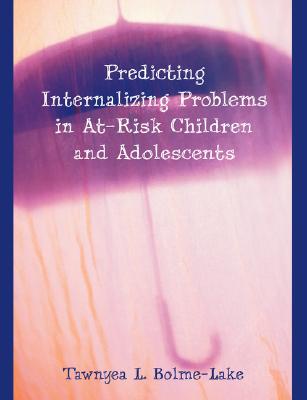

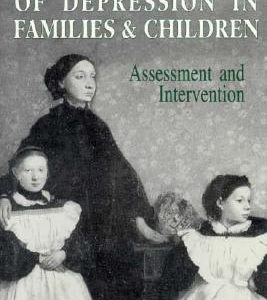

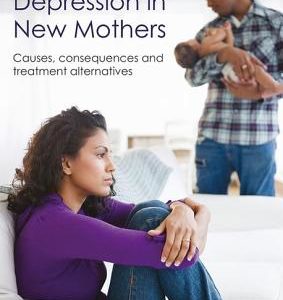
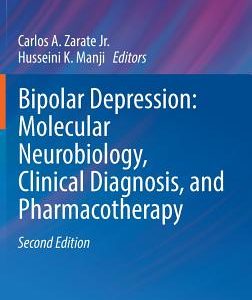


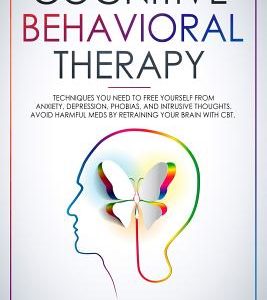

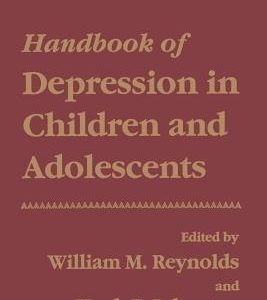
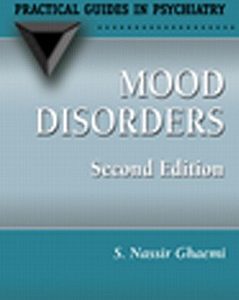

Reviews
There are no reviews yet.